The United Arab Emirates and the Republic of India have, for centuries, enjoyed strong, sustained relationships ever since trade was established as the primary activity connecting the people of both nations, by virtue of the two countries’ strategic locations along global maritime trade routes.
Modern-era relations between the UAE and India began with the establishment of the UAE Embassy in New Delhi in 1972. In 1973, the Emirati consulate was established in Mumbai, along with the Indian Embassy in Abu Dhabi and the Indian Consulate in Dubai.
Relations between the UAE and India have grown tremendously over the past few decades thanks to the understanding, political rapprochement, and economic interests that brought these two countries together and thanks to the UAE’s foreign policy established by the late Sheikh Zayed bin Sultan Al Nahyan, founding father of the UAE, to emphasise the importance of relations with India. Sheikh Zayed's intent was reflected in his historic visit to India in January 1975, where he met with the then Indian prime minister, the late Indira Gandhi, and with the then president of India and other senior statesmen.
Due to the excellent relations sustained between the two countries over the past decade under the leadership of UAE President His Highness Sheikh Khalifa bin Zayed Al Nahyan, Vice President and Prime Minister and Ruler of Dubai, His Highness Sheikh Mohammed bin Rashid Al Maktoum, and His Highness Sheikh Mohamed bin Zayed Al Nahyan, Crown Prince of Abu Dhabi and Deputy Supreme Commander of the Armed Forces, relations between the UAE and India bear great potential for further development and growth. This is due to the commitment of the leadership of the two countries to further improve relations in accordance with the significance that the two countries hold, politically and economically, at both regional and international levels.
It is important to note that the UAE now occupies an advanced position among all global economic and social indicators. It holds significant status in the world of energy through oil, gas, and renewable energy industries, and its financial strength allows it to invest in various countries. Its strategic location is another advantage. India is considered an important investor-friendly environment and has the second-largest population in the world. That, in addition to its economic strength, is why India enjoys an advanced rank on the global scale and is one of the 20 largest economies in the world.
The leaders of both countries have understood the many factors that brought the two countries together and have recognised the advantages that can be achieved with political and economic rapprochement. This is clearly reflected in the presence of a very large Indian community in the UAE, estimated at about 2.6 million people. This community constitutes one of the foundations of the country's business sector, and each member contributes in their own way to the overall developmental process that the country initiated several centuries ago and continues to vigorously pursue by taking advantage of the momentum of the UAE's major accomplishments over the past few years and developing strategic plans and policies to be implemented within the next few years.
The leaders of the UAE and India have reflected this common vision of the value and importance of relations between the two countries in a number of mutual visits.
The first visit to India by the late Sheikh Zayed was in 1975, followed by visits in 1983 and 1992, leading to the establishment of special relations between the UAE and India.
With Sheikh Zayed’s visit to India in April 1992, the two countries entered a new phase of relations, as reflected in the magnitude and quality of the reception he received upon his arrival in the capital, New Delhi.
In an interview he gave to the Indian media during that visit, the late Sheikh Zayed communicated his vision of relations with India and his vision of the future of cooperation and friendship between the two countries.
He stressed that relations between the UAE and India were strong and solid due to the historical ties of cooperation between the two peoples. He said his visit was only intended to express his renewed support for existing relations between the two countries and for the development of friendship ties between the two peoples. He added that the people of the UAE looked forward to further strengthening and developing this cooperation into further areas of mutual interest.
He also expressed his optimism on the continuation of India's constructive role, with its benevolent efforts, in the security and stability of the Gulf region.
In a statement to the press before leaving India, the late Sheikh Zayed expressed his satisfaction with the outcome of his visit and his discussions with then President Ramaswamy Venkataraman.
His Highness Sheikh Mohammed bin Rashid Al Maktoum paid a prominent visit to India in March 2007. This visit attracted significant interest, among both the Indian government and the people, and His Highness enjoyed great hospitality at the presidential residence in New Delhi, where he and his accompanying delegation were received by the then Indian president, the late Abubakar Zainal Abidin Abdul Kalam.
His Highness also held official discussions with then Indian Prime Minister Manmohan Singh in Hyderabad Palace in New Delhi, where they addressed the overall bilateral relations between the UAE and India and the level of trade and investment exchange between the two countries, particularly at the private sector level.
The Indian prime minister praised the laws and regulations governing general labour rights in the UAE, describing the country as hospitable and safe not just for the Indian labour force but for all communities that reside in the UAE, noting the health rights, human rights, and civil rights that are enjoyed by labourers under fair and applicable laws.
During this visit, several agreements were signed between the two countries, including one related to developing real estate projects and constructing residential and tourist-friendly cities in India, a joint venture between Emirati company Nakheel and Indian company Dubai LF Group. Another agreement was signed between DP World and India, under which DP World would operate and manage six ports in eastern and western India.
This agreement was an extension of the existing cooperation between the two parties and a confirmation of the governmental and private orientation towards building a strategic economic and investment partnership between the UAE and the Republic of India.
Other agreements signed by the two countries included one that prevents double taxation between the two parties and agreements that aim to strengthen UAE-India bilateral relations in various fields.
During his visit to New Delhi, His Highness Sheikh Mohammed received Dr. Pranab Mukherjee, then India’s Minister of Foreign Affairs. During the meeting, they discussed a number of regional and international political issues, as well as the need to redouble international efforts to peacefully resolve disputes between states in conflict zones by supporting the United Nations and the UN Security Council's role in their efforts to bring peace and stability to the respective areas and achieve freedom and independence for all peoples in lands occupied by foreign forces.
The Indian minister praised the positions adopted by the UAE's leadership and its balanced foreign policy, which plays an important role in regional and international policies and serves the need for peace, security, and economic and human development.
Pratibha Patil, then President of the Republic of India, made an official visit to the UAE in November, 2010, where she met with His Highness Sheikh Mohammed bin Rashid Al Maktoum to discuss bilateral relations and ways to strengthen them in the trade, economic, investment, and cultural sectors, in light of the steady growth in trade exchange between the two countries and the historical friendship between the two peoples.
During a speech at the Indian Social and Cultural Centre in Abu Dhabi, the Indian President emphasised the contribution of the Indian labour force to the UAE economy.
In 2015, Indian Prime Minister Narendra Modi’s official visit to the UAE gained great importance, as it was part of efforts to consolidate bilateral relations between the two countries in the economic, political, trade and cultural fields. It was the first visit made by an Indian Prime Minister to the UAE since Indira Gandhi’s visit 34 years prior, in 1981.
Prime Minister Modi met with His Highness Sheikh Mohammed bin Rashid Al Maktoum and His Highness Sheikh Mohamed bin Zayed Al Nahyan.
Intensive discussions were held between the two sides, mainly addressing UAE-India collaboration in the fields of energy, trade, and security. They also discussed the strengthening of bilateral relations in all fields between the two brotherly countries.
When Prime Minister Modi met with His Highness Sheikh Mohamed bin Zayed Al Nahyan on August 16-17, 2015, they discussed the facilitation of the exchange of regular visits between religious scholars and intellectuals, in addition to the facilitation of the organisation of conferences and seminars that aim to promote peace, tolerance, participation and well-being, values that are inherent in all religions.
The two sides also agreed to strengthen their collaboration on counter-terrorism operations, the exchange of intelligence information, and the building of capacity and to work together to adopt the comprehensive treaty on International Terrorism, proposed by India at the UN. They further agreed to organise, exchange, and control information on the flow of money that may be used to finance extremist activities, to cooperate in the prevention and criminalisation of illegal financial flows, and to take strict measures against individuals and organisations that stand behind such activities.
An agreement was struck to enhance collaboration in the areas of law enforcement, combating of money laundering, drug trafficking and cross-border crimes, criminal extradition agreements, and police force training, as well as in the field of cyberspace, including prohibiting the use of the Internet to promote terrorism, extremism, and threats to social peace. The agreement aimed to strengthen cooperation in ensuring maritime security in the Gulf and the Indian Ocean to protect the safety and well-being of the two countries.
The agreement also included the promotion of collaboration in the field of humanitarian aid and evacuations during natural disasters and conflicts and the strengthening of relations in the defence sector through military exercises and the periodic training of land, sea, and air forces.
The two sides also agreed to establish a strategic security dialogue between the two governments and to recognise the emergence of India as a new destination for investment opportunities, especially in light of the new governmental initiatives to facilitate trade and investment, encouraging the UAE's institutional investors to increase their investments in India by setting up the Indian UAE fund, worth US$75 billion, to support investment plans in India and to expand to the next generation of infrastructure projects in railways, ports, roads, airports, and industrial zones.
Both sides agreed to take advantage of Indian expertise in the small and medium-sized enterprise sector to create a vital industrial base in the UAE, which would also benefit the Indian companies. An agreement was also reached to strengthen the collaboration between advanced educational institutions in the UAE and Indian universities and scientific research institutions in the fields of renewable energy, sustainable development, agriculture in arid lands and desert environments, urban development, and advanced health care systems. Furthermore, the two parties agreed to strengthen mutual cooperation in the field of space science, including the development and launch of satellites, ground installations, and applications of space science.
The years 2012 and 2013 witnessed a number of reciprocal visits by officials from the two countries. During this period, economic relations between the two countries were just as strong as political relations, where non-oil trade between the two countries amounted to some $44.5 billion in the first nine months of 2012.
35 Emirati investment firms operate in India, most notably Emaar, DP World, Abu Dhabi Ports Company, Abu Dhabi Commercial Bank, Emirates NBD, Abu Dhabi Authority for Tourism and Culture, and the Department of Tourism and Commerce Marketing in Dubai.
Sheikh Abdullah bin Zayed Al Nahyan's visit to India in May 2012, marked a new phase in bilateral relations. In an article published by The Asian Age newspaper in New Delhi, Sheikh Abdullah highlighted the importance of strengthening UAE-India relations to serve mutual economic, trade, and investment interests, saying that the depth of relations between the UAE and India was deeply rooted in history, and the two countries should continue in their joint efforts to strengthen these relations to serve their mutual interests.
Both the UAE and India have expressed their support for efforts made to ensure the smooth flow of trade in the two regions. The UAE is looking forward to raising the level of mutual collaboration with India in order to serve their common interests such as promoting co-operation in maritime security and the eradication of maritime piracy.
Sheikh Abdullah also noted that the UAE and India share more common interests than ever before, specifically with regard to continuing multilateral and effective collaboration that supports shared values and works as a driving force for development on a global level, as well as strengthening the pillars of stability in our regions.
He said, "On this occasion of our visit to India, we reiterate the UAE’s commitment to support efforts to strengthen our relations and look forward to working together to achieve our shared objectives and to deepen the bonds of friendship and co-operation between our two peoples and our two countries in order to create new opportunities for a better future."
Sheikh Abdullah also stressed that the UAE is keen to enhance co-operation with India in the energy sector, emphasising the UAE’s willingness to raise the volume of its oil exports to India and increase its investment in the private energy sectors, specifically the petrochemical energy sector.
During a joint press conference in 2012 with his then Indian counterpart, S.M. Krishna, after their meeting in the Indian capital city, Sheikh Abdullah said, "We discussed ways to strengthen the excellent relations between the two countries in all fields, especially in the fields of trade, economy, investment and energy."
His Highness also said that the meeting discussed ways to strengthen co-operation to eradicate the phenomenon of piracy, emphasising that capacity building in Somalia would effectively contribute to addressing this phenomenon.
On his part, the Indian Minister of Foreign Affairs praised the strong ties between the UAE and India, and the keenness shown by both leaderships to increase co-operation between the two countries in all fields.
Regarding collaborations in the field of energy, S.M. Krishna reiterated India’s efforts to increase its oil imports from the UAE as a reliable source of bio-energy, and he spoke about the two countries’ determination to form a team dedicated to all aspects of investment between the two countries under the chairmanship of Sheikh Hamed bin Zayed Al Nahyan, Chief of the Abu Dhabi Crown Prince's Court, and Managing Director of Abu Dhabi Investment Authority, ADIA.
The Press Trust of India reported that investments made by the ADIA in India amounted to $500 million and were concentrated in real estate development and investment funds.
On June 27th, 2013, Sheikh Abdullah met India’s Vice President, Dr. Hamid Ansari, India's then Prime Minister, Manmohan Singh, and then national security adviser, Shiv Shankar Menon, in India’s capital, New Delhi.
In these meetings, they discussed a number of issues of mutual interest between the two countries, specifically ways to strengthen trade and economic exchange, as well as energy and security matters.
The UAE-India Joint Commission last convened in 2015, when Sheikh Abdullah bin Zayed Al Nahyan, Foreign Minister, led a delegation of senior officials and captains of leading UAE business houses to India for the 11th session of the India-UAE Joint Commission Meeting for Technical and Economical Cooperation, held in September in New Delhi. Sheikh Abdullah was accompanied by Reem bint Ibrahim Al Hashemi, Minister of State.
During his visit, Sheikh Abdullah called on the Prime Minister of India and had meetings with the External Affairs Minister, the Minister of Defence, the Minister for Railways, and India's National Security Adviser.
All the meetings between officials of the UAE and India were centered on strengthening the strategic partnership between the two countries, which was reflected in the depth of relations in various fields. It was thus agreed to set up a joint task force on mutual investments in the UAE and India.
The UAE-India Joint Task Force on Investments was established in April 2012, under the chairmanship of Sheikh Hamed bin Zayed Al Nahyan, Chief of the Abu Dhabi Crown Prince's Court, and India’s then Minister of Commerce and Industry, Anand Sharma, as a platform to discuss shared issues associated with investments between the two countries and to encourage and facilitate cross-border investments.
The first UAE-India Joint Task Force meeting was held in February 2013, and resulted in a broad discussion about matters of mutual interest, including the identification of sectors that have priority in possible investments in the two countries.
Since then, the task force has consistently worked to strengthen and develop bilateral relations in the field of investment, and in December 2013, it signed a bilateral agreement for the protection and promotion of investments, which serves as a platform to strengthen the legal protection of investments in both countries.
And as a result of the decisions taken during the first UAE-India Joint Task Force on investment, several joint task groups were established to address issues of common interest in infrastructure, investment, trade, energy, manufacturing, technology, aviation, information technology, and telecommunications, among other sectors.
During the meeting, the task force agreed on a plan of action to accelerate the progress of all joint task groups, and made significant progress on a number of issues on the agenda.
This progress was reflected in the establishment of a strategic partnership between the UAE and India by the signing of an agreement to encourage and protect mutual investments on 12th December, 2013.
The signing of the agreement came as a result of the meeting held in the Indian capital in May, 2013, between Sheikh Abdullah Bin Zayed Al Nahyan and his Indian counterpart, Salman Khurshid. The agreement was signed by UAE’s Minister of State for Financial Affairs, Obaid Humaid Al Tayer, and his Indian counterpart, Namwon Warren Mina. According to an Indian official, this agreement was a major achievement that would effectively contribute to the growth of mutual investments between the two countries.
The official also pointed out that both countries were the largest trade partners to one another, as the value of bilateral trade had reached $75 billion.
He also predicted that the signing of this agreement would open doors for more investment opportunities, as the UAE-India Joint Task Force was expected to continue to meet to discuss further mutual investment opportunities.
On 3rd March, 2012, The UAE-India Joint Task Force held its second meeting in Mumbai under the chairmanship of Sheikh Hamed bin Zayed Al Nahyan, and then Indian Minister of Commerce and Industry, Anand Sharma, and with the participation of more than 30 representatives from governmental and private sectors in both countries.
During the meeting, a number of issues of common interest were discussed, most notably the matter of supporting the establishment of a strategic petroleum reserve in India, so as to serve the common strategic interests of both countries.
In his speech during the meeting, Sheikh Hamed stressed the importance of the existing bilateral relations between the UAE and India in all fields, saying, "We have developed the work of the Joint Task Force on Investments and laid the foundation for investments and issues of common interest, and we look forward to the ratification of the bilateral agreement for the protection and promotion of investments and to the settlement of pending issues that have been identified at the first meeting."
On his part, Anand Sharma affirmed India’s position as a major destination for foreign investment, pointing out opportunities for the UAE, specifically in infrastructure domains, such as highways, energy, public facilities, civil aviation, ports, renewable energy, and urban infrastructure, in addition to participation through infrastructure debt funds.
A number of Emirati and Indian ministers have exchanged visits, as per the principles of the long-standing strategic partnership between the two countries, and their mutual co-operation, and established a joint task force to make progress in various fields.
In this context, UAE’s Minister of Labour, Saqr Ghobash Saeed Ghobash, paid a visit to India in September 2013, where he met with then Chief Minister of Andhra Pradesh, Kiran Kumar Reddy, at the Cabinet’s headquarters in Hyderabad. The meeting was attended by Minister of Labour, Danm Najendr, and in it they addressed the collaborative and friendly relationship between the UAE and the Republic of India in various fields, especially employment and work force.
The Chief Minister praised the mechanisms with which the UAE operates to develop the performance of its human resources in various sectors, especially the laws and regulations laid by the Ministry of Labour, and its initiatives which are implemented according to the most modern and advanced standards of management of labour relations, enjoying widespread international acclaim, especially by the International Labour Organisation.
In February 2012, the UAE's then Minister of Foreign Trade, Sheikha Lubna bint Khalid Al Qasimi, visited India and met with the President of India, Pratibha Patil. During their meeting, Sheikha Lubna and Mrs. Patil discussed the special relationship between the two countries and ways to enhance them in the trade, economic and investment sectors.
During her visit, Sheikha Lubna also met with her counterpart, Anand Sharma, and discussed ways of enhancing commercial cooperation and raising the volume of trade exchanges between the two countries, as well as investment opportunities in the technology, energy, petrochemicals and infrastructure sectors.
On February 11, 2012, Sheikha Lubna and Anand Sharma, participated in the opening of the 19th session of the International Engineering and Technology Exhibition in New Delhi, where the UAE was a key participant. In a speech during the opening, Sheikha Lubna said that the participation of the UAE as an observing partner comes within the context of its keenness to strengthen its partnership and friendly relations with India, and its desire to develop its base there to include new sectors, including technology, manufacturing and engineering.
Sheikha Lubna called upon Indian companies to explore investment opportunities in the UAE in these sectors to strengthen partnership relations between the two countries, noting that despite the focus of investment collaboration between the two countries in recent years in the energy, services, metallurgical manufacturing and construction sectors, the United Arab Emirates would like to expand the focus to also include emerging sectors, such as technology and alternative energy.
India’s Minister of Commerce and Industry praised the level of trade and investment between the UAE and India, noting that there are other prospects for collaboration that can be invested in through various companies and factories participating in such exhibitions.
On January 13th, 2014, UAE Minister of Energy, Suhail Al Mazroui, visited India and discussed with officials the UAE-India relationship in the oil and gas sectors, saying that the past ten years have seen significant changes that have affected global energy resources, starting from the oil and shale gas revolution to the remarkable growth in renewable energy, where these changes posed many challenges and presented opportunities for countries to restructure their plans to achieve balanced and sustainable resources of energy that enable them to withstand future changes.
In a speech at Petrotech 2014 in the Indian capital New Delhi, Al Mazroui said, "We are witnessing a remarkable growth of Asian markets as they gain the most important role in the demand for energy sources."
The Minister noted that the relationship between the UAE and India is a long-standing resilient relationship that dates back to 1975 when the first agreement to supply oil to the Indian Oil Corporation was signed, and ever since, the UAE-India relationship in the field of energy has continued to grow and develop, resulting today in India being the second largest importer of oil from the United Arab Emirates.
He also demonstrated the UAE’s experience in shaping plans to diversify the field of energy. He noted that diversity in the sources of power generation is considered a priority for the UAE, in order to achieve balanced and sustainable resources of energy, in which natural gas will constitute the largest component of the energy equation by 2020, accounting for 65%-70% of the nation’s power supply, while nuclear power will account for 25%, with a capacity of 5,600 megawatt-hours, and renewable energy is expected to account for 5% of the UAE’s power supply.
During his visit to attend Petrotech, Al Mazroui, along with the UAE Ambassador to India, Mohammed Sultan Al Owais, met with India’s Minister of Petroleum and Natural Gas, Varoba Molly, and a number of Indian oil and gas companies, in the context of strengthening bilateral relations between the two countries and boosting cooperation in various fields of energy, including exchanging expertise and discussing ways the two countries can collaborate in the oil and gas industry.
Economic reports show steady growth in trade exchange between the UAE and India, rising from $180 million in 1971 when the Union was established, to $43.5 billion in 2009, and growing later to about $67.6 billion by 2010. Trade continued to rise in 2011 and 2012 to record $72.7 billion and $75.5 billion, respectively, while trade reached some $60 billion last year.
The UAE and India have always gone to great lengths to renew and consolidate bilateral economic and trade relations. This has been reflected on overall bilateral relations between the two countries, turning them into a major partnership in the economic and commercial spheres, as the UAE became India’s third largest trade partner, after China and the USA, in 2013-2014.
The Indian work force in the UAE currently includes about 2.6 million workers, reflecting the significance of UAE-India relations and common interests that are growing day after day, while there are about 50,000 Indian companies operating in the UAE today in the industrial, technological and health fields, among others. Annual money transfers by the large Indian community in the UAE are estimated at over $8 billion, according to 2012 statistics.
The two countries have signed a number of agreements and Memoranda of Understanding since 1975 that include agreements in various sectors, such as the cultural cooperation agreement, the civil aviation agreement, the double taxation avoidance agreement and the agreement to combat trafficking in drugs and psychotropic substances. Also signed was an extradition treaty and a treaty of mutual legal assistance in criminal and civil matters, in addition to legal and judicial cooperation in civil and commercial matters agreements and many others, including a Memorandum of Understanding on cooperation in the field of renewable energy, which was signed in 2014.
Total UAE investments in India have amounted to some AED8 billion dirhams, according to statistics from the Indian Embassy in Abu Dhabi, including AED3 billion dirhams in direct investments. UAE investments in India are generally concentrated in five sectors: the real estate sector (accounting for 15.5% of investments), the energy industry (accounting for 13% of investments), the metallurgical industry (accounting for 9% of investments), the services sector (accounting for 9.6% of investments) and the computer software and hardware industry (accounting for 5% of investments).
After more than four centuries, UAE-India relations continue to grow, and the achievements made as a result have helped the two nations gain advanced cooperation status, in terms of regional and international relationships, especially as the UAE's policy, is based upon strong foundations, such as respect for international laws and cooperation at the global level.
By adding India to it’s most important international relations, the UAE will have expanded the scope of its relations with major countries, especially in Asia, where India and China are key players by virtue of their very large populations, accounting for around one-third of the earth's population, especially bearing in mind the political and economic importance of these two countries. In addition, the UAE is held in very high esteem at both regional and global levels, thanks to the wise policies and leadership of President His Highness Sheikh Khalifa bin Zayed Al Nahyan.
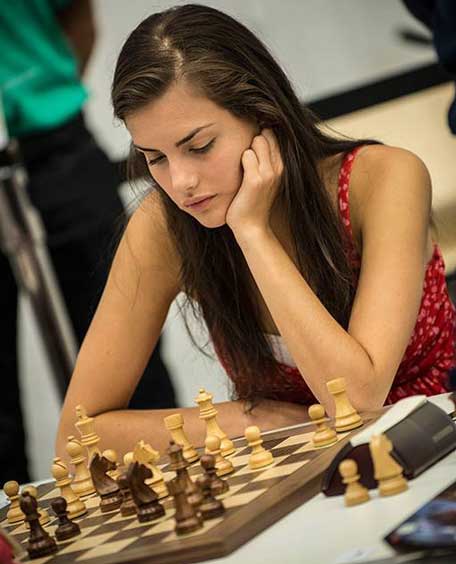
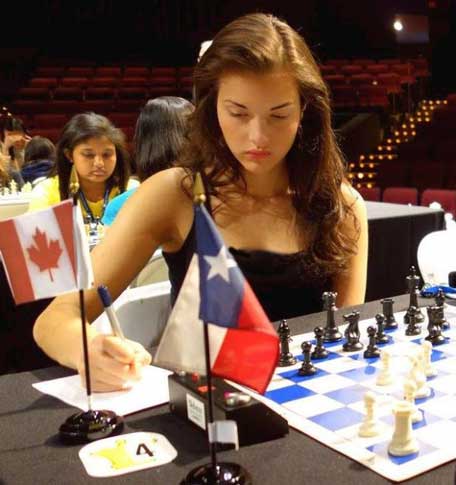
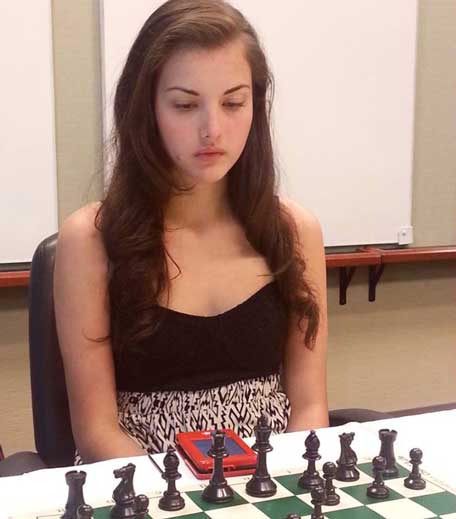
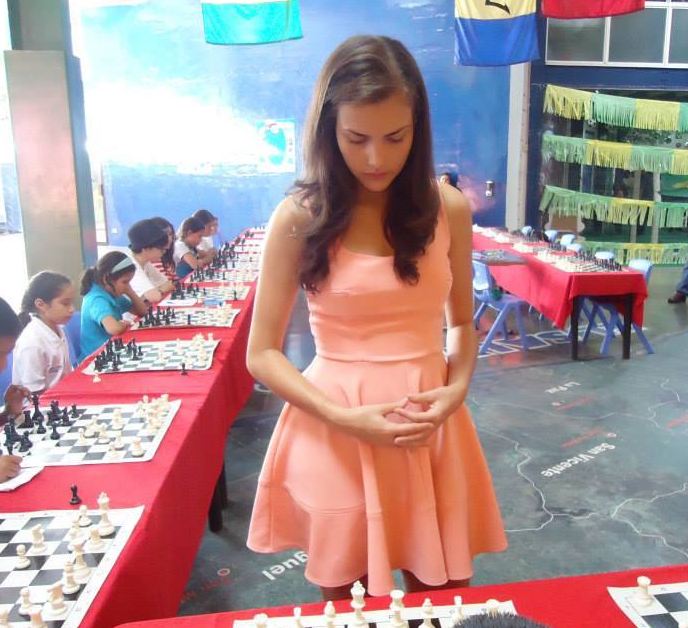
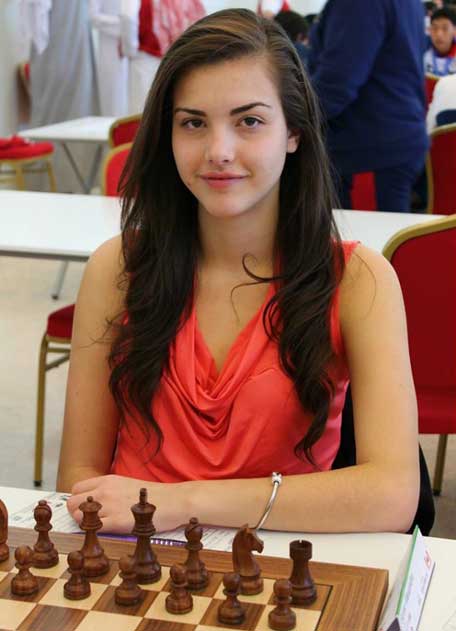
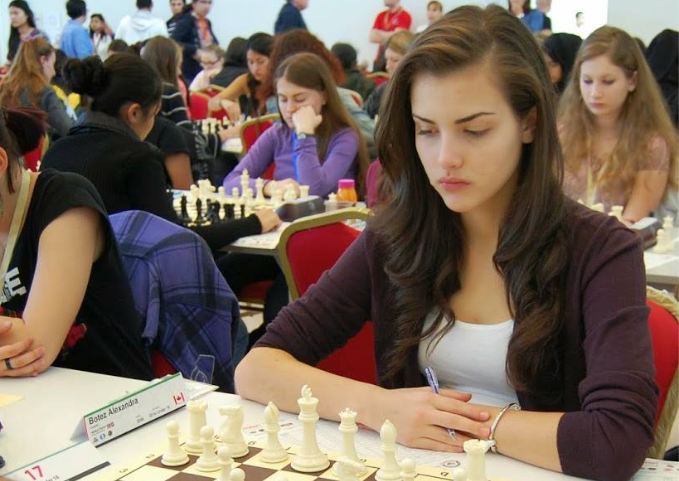
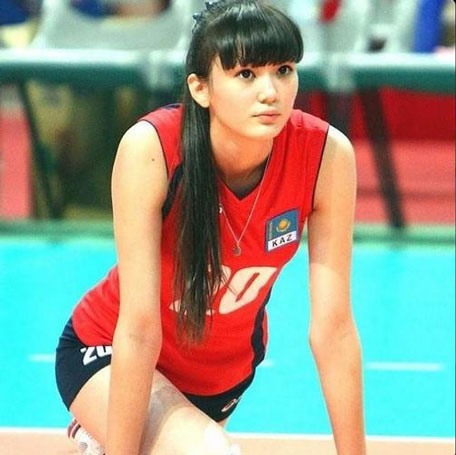
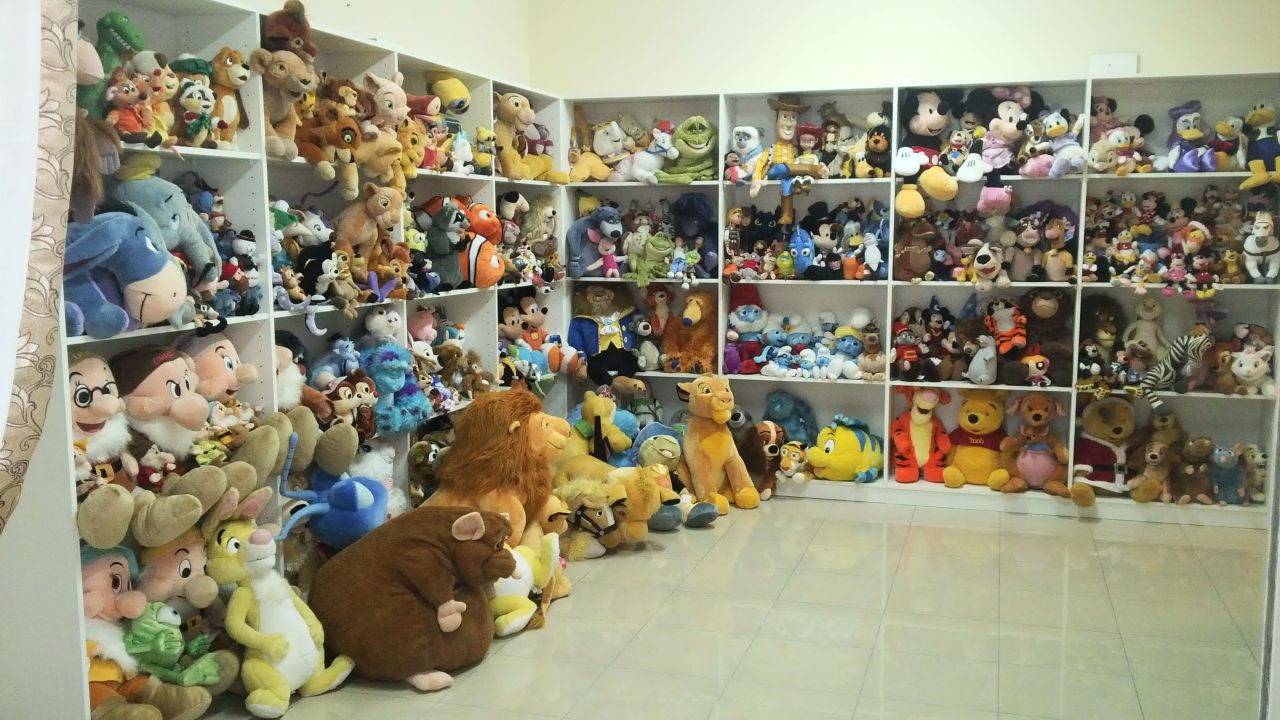 It's beautifully arranged in one part of her office space (as she’s in the middle of moving homes), and is valued at a staggering Dh300,000.
It's beautifully arranged in one part of her office space (as she’s in the middle of moving homes), and is valued at a staggering Dh300,000.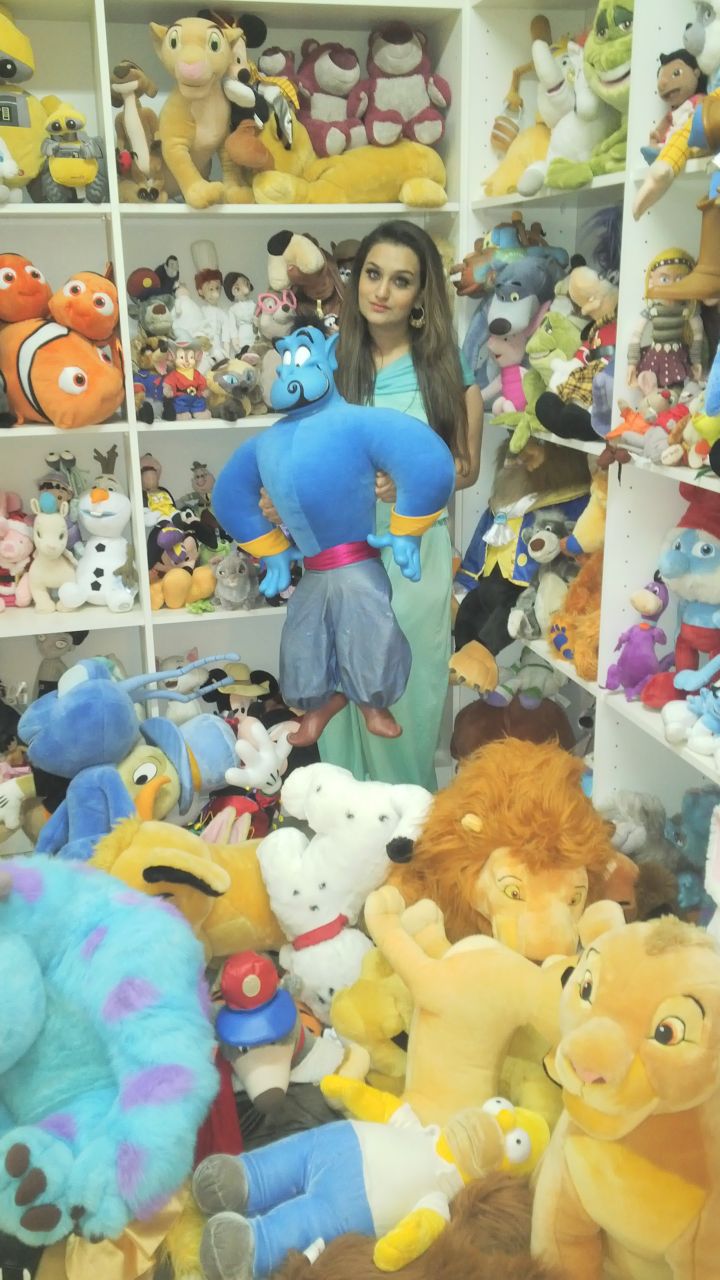 Over the years, this 30-year-old has painstakingly put it all together, and 900 toys later, she still believes her collection is incomplete. “There’s never an end to a collector’s dream. There’s always that one toy that can be added to the collection,” says Rizwana, who is constantly communicating with other collectors around the world, trying to source rare finds and even strike a swap deal.
Over the years, this 30-year-old has painstakingly put it all together, and 900 toys later, she still believes her collection is incomplete. “There’s never an end to a collector’s dream. There’s always that one toy that can be added to the collection,” says Rizwana, who is constantly communicating with other collectors around the world, trying to source rare finds and even strike a swap deal.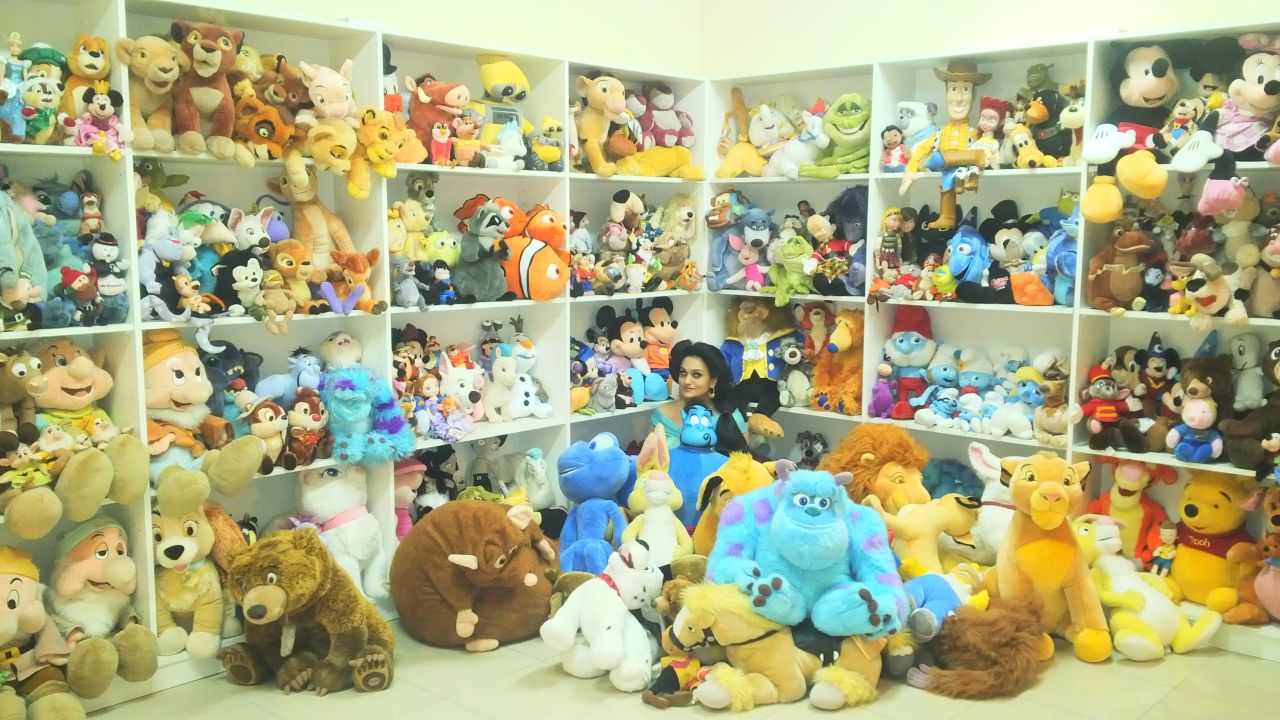 Rizwana locates most of her precious finds on eBay, and agrees her passion doesn’t come cheap. “But, it isn’t about the money. I must add that I started working early on, so I’ve contributed a lot to the collection. It’s not just my father indulging me.”
Rizwana locates most of her precious finds on eBay, and agrees her passion doesn’t come cheap. “But, it isn’t about the money. I must add that I started working early on, so I’ve contributed a lot to the collection. It’s not just my father indulging me.”